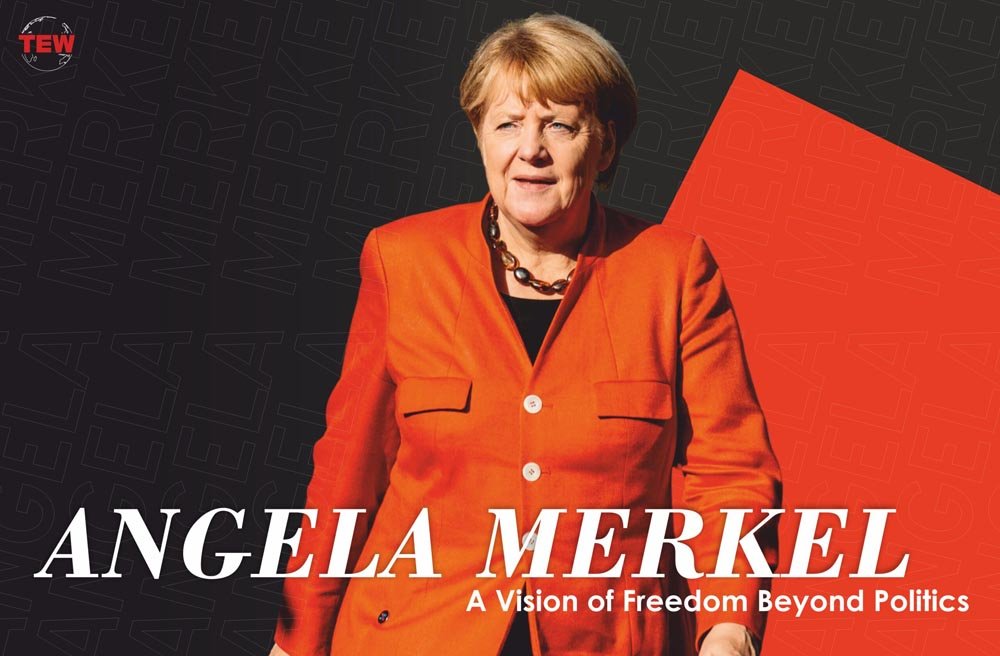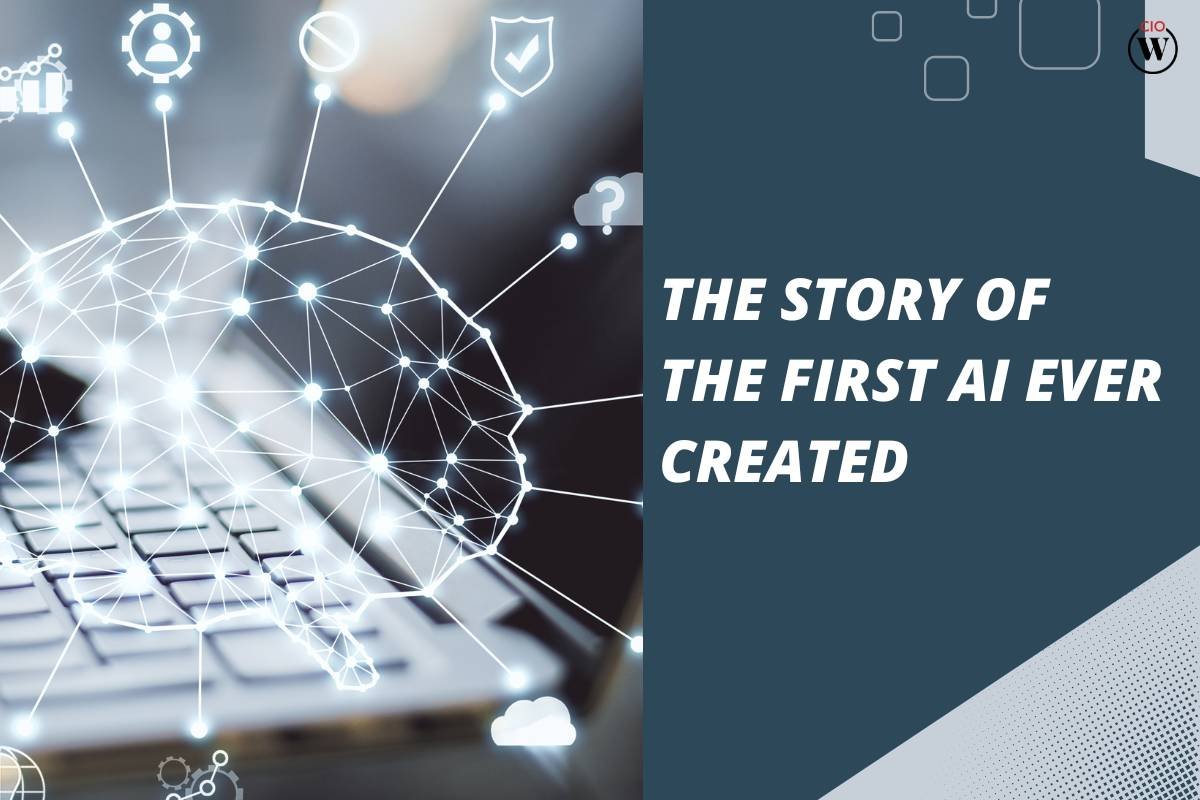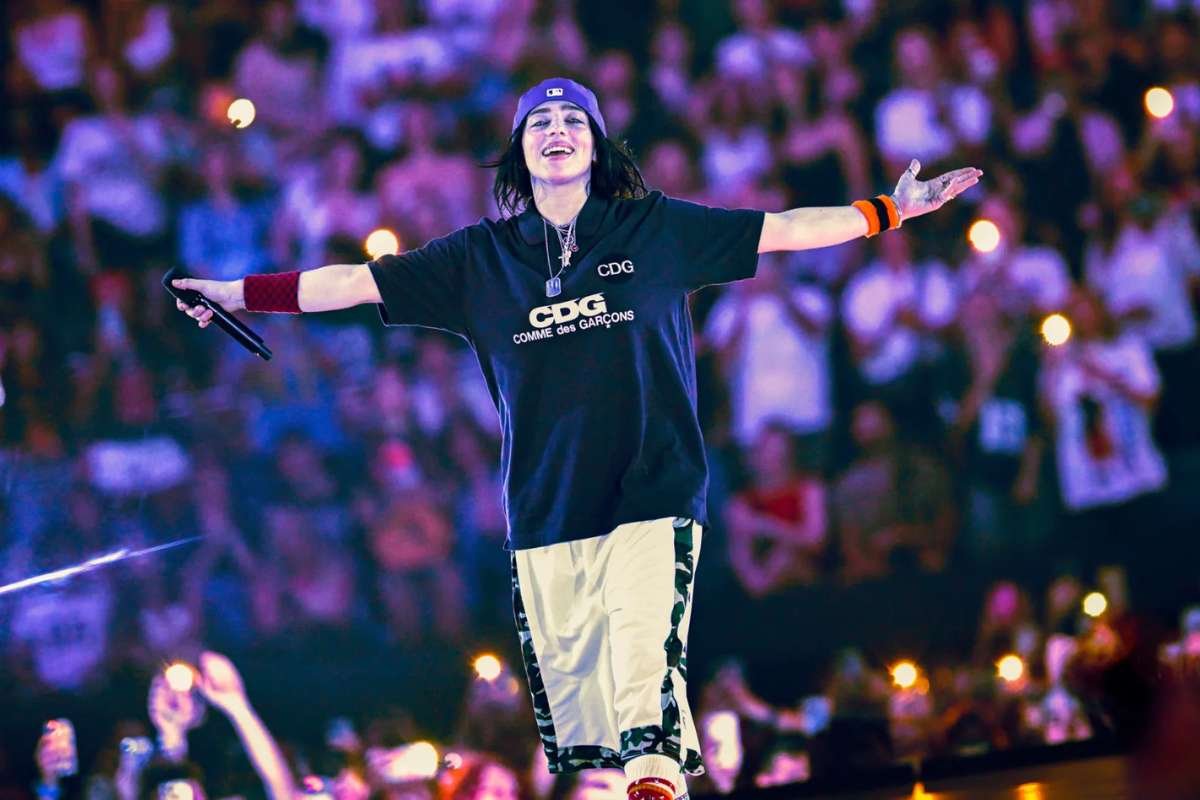Angela Merkel’s journey through life and politics has been guided by a profound exploration of the concept of freedom. Born and raised in East Germany, Merkel’s early years were shaped by the stark realities of a divided nation. Her quest for understanding began with a simple yet profound question: “What does freedom mean to me?”
It became a personal quest, driven by knowledge and growth. From her beginnings in a theologian’s household in Hamburg to her studies in physics in Leipzig, Angela Merkel’s path was marked by academic rigor and intellectual curiosity. Her journey took a turn with the fall of the Berlin Wall in 1989—an event that reshaped Germany and ignited Merkel’s passion for political engagement.
As she rose through the ranks of German politics, Merkel’s understanding of freedom evolved. It wasn’t just about democratic principles or legal protections but about discovering and pushing her limits. Her leadership, characterized by pragmatism and resilience, steered Germany through crises like the economic downturn 2008 and the European currency turmoil.
Angela Merkel’s legacy extends far beyond her tenure as Chancellor. She embodies the essence of continuous learning and adaptation—a testament to the enduring pursuit of freedom in all its forms. Her story is of steadfast determination, intellectual vigor, and a profound commitment to shaping a better future for Germany and beyond.
Early Life
Angela Merkel’s journey began in Hamburg, where her parents, Horst and Herlind Kasner, met. Horst was a theology student, and Herlind was a teacher of Latin and English. Shortly after Merkel was born, her father accepted a pastoral position in Quitzow, Brandenburg, prompting the family’s move to East Germany. By 1957, they had settled in Templin, where Merkel completed high school in 1973.
That same year, Angela Merkel moved to Leipzig to study physics at Karl Marx University. There, she met and married fellow physics student Ulrich Merkel in 1977. After earning her diploma in 1978, she joined the Central Institute of Physical Chemistry in East Berlin. Although her marriage ended in 1982, she kept Ulrich’s surname and earned her doctorate in quantum chemistry in 1986.
Growing up in East Germany, Merkel participated in state youth organizations, joining the Young Pioneers in 1962 and the Free German Youth in 1968. Some colleagues later claimed she was involved in agitation and propaganda at the institute, but Merkel insisted her role was focused on cultural affairs, like procuring theatre tickets. Notably, she never joined the Socialist Unity Party and refused an offer from the Stasi to become an informant.
Angela Merkel’s early life, marked by academic excellence and quiet defiance, laid the groundwork for her future as a world leader.
Political Career
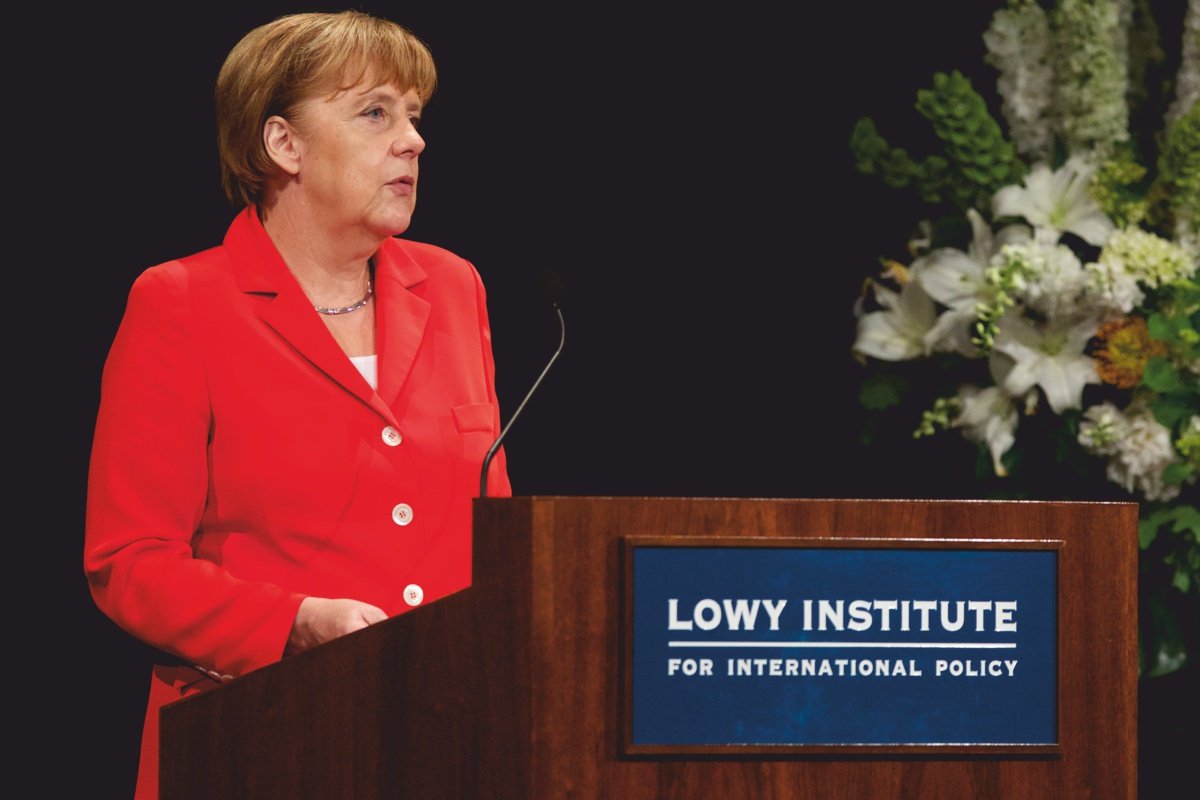
Source – lowyinstitute
After the Berlin Wall fell in 1989, Angela Merkel swiftly transitioned into politics. She joined the newly founded Democratic Awakening and became the party’s press spokesperson by February 1990. That month, the Democratic Awakening allied with the conservative Alliance for Germany, which included the German Social Union (DSU) and the Christian Democratic Union (CDU).
Despite a scandal just days before East Germany’s first free election in March 1990, where it was revealed that Democratic Awakening’s chairman was a Stasi informant, the Alliance for Germany won. Merkel was appointed deputy spokesperson for Lothar de Maizière’s CDU-led government.
In August 1990, Angela Merkel joined the CDU, and by October 1, the party had merged with its Western counterpart, just before German reunification. Elected to the Bundestag in December 1990, Merkel quickly rose in ranks. Chancellor Helmut Kohl appointed her as minister for women and youth in January 1991, earning her the nickname “Kohl’s girl.”
After Maizière resigned amid Stasi accusations in September 1991, Angela Merkel was elected CDU deputy chairman in December. Following the 1994 election, she became minister of environment, conservation, and reactor safety, presiding over the first United Nations Climate Conference in Berlin in 1995. In 1998, after the CDU was defeated by Gerhard Schröder’s SPD, Merkel was elected CDU secretary-general and married chemistry professor Joachim Sauer.
A pivotal moment in her career came in late 1999 when a financial scandal implicated Helmut Kohl. Merkel, in a bold move, published an open letter in December calling for the CDU to break from Kohl. This increased her popularity with the public but upset Kohl’s loyalists. On April 10, 2000, Merkel was elected CDU leader, the first woman and first non-Catholic to hold the position.
As CDU leader, Merkel faced the lingering effects of the finance scandal and a divided party. Although she aimed to be the party’s chancellor candidate in the 2002 election, the CDU-CSU coalition chose Edmund Stoiber of the Christian Social Union (CSU). After a narrow election loss, Merkel became the leader of the opposition, setting the stage for her future leadership.
Things You didn’t know about Angela Markel
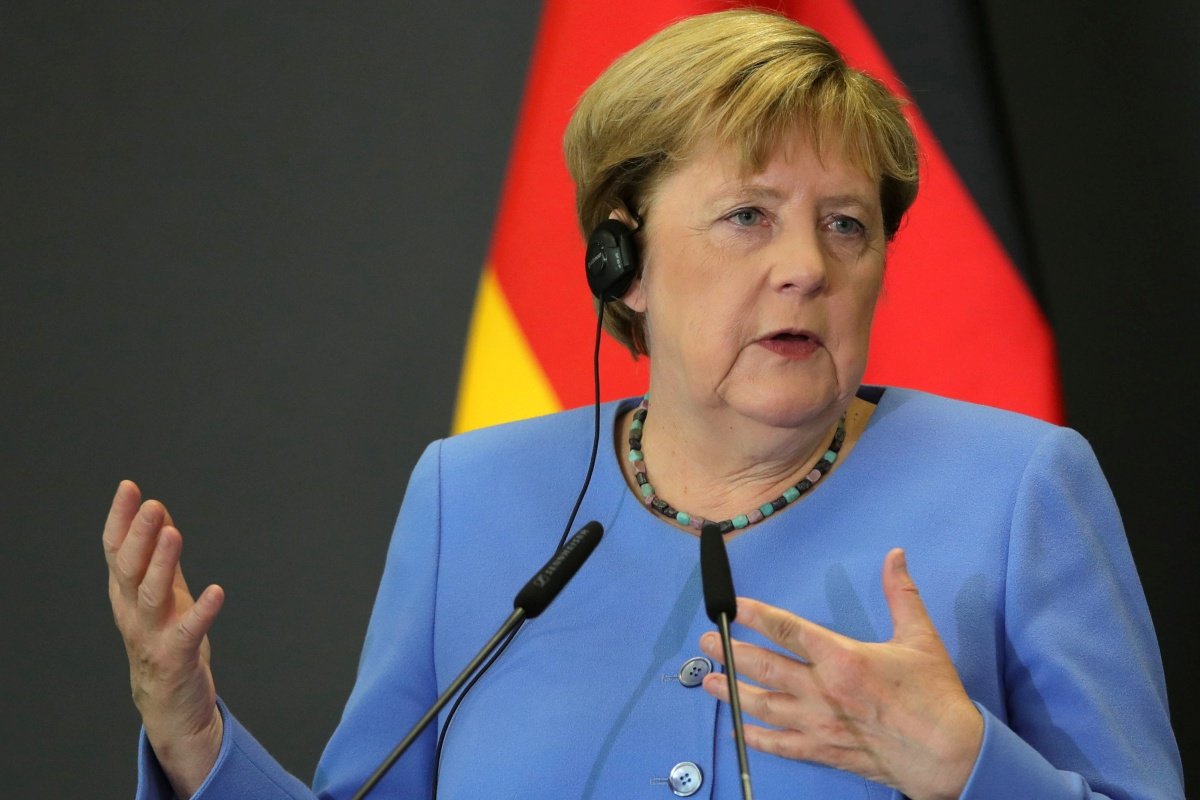
Source – reuters
1. A Quarter Polish: Angela Kazmierczak?
Angela Merkel’s Polish heritage adds a fascinating layer to her story. Her grandfather, Ludwig Kazmierczak, was born in 1896 in Poznan, then part of the German Reich. When Poznan became Polish after World War I, Ludwig moved to Berlin, married, and had a son named Horst. In the early 1930s, the family Germanized their surname to Kasner and converted from Catholicism to Protestantism—a surprising discovery for Merkel, who grew up in a Protestant rectory. When Merkel’s Polish roots became public, a second cousin invited her to Poznan, joking that she might visit one day.
2. The Plum Cake Chronicles
Angela Merkel once took pride in her cooking and baking, often boasting about her potato soup, beef loaf, and especially her plum cake. In her early political career, she would bake on weekends during plum season for her husband, who loved the cake even though she did not. However, as her responsibilities grew, especially after becoming chancellor, these baking weekends became rare. Now, she is occasionally spotted grocery shopping, with the contents of her shopping list eagerly scrutinized by the media.
3. Dog Days with Putin
Angela Merkel’s relationship with Vladimir Putin has roots in the Cold War. As a KGB agent in East Germany, Putin witnessed the fall of the Berlin Wall with displeasure. Merkel, a beneficiary of the revolution, experienced his intimidation tactics early on. During her first visit to the Kremlin as chancellor, Putin gifted her a plush toy dog, knowing she had a deep fear of dogs after being bitten in the mid-90s. At their next meeting, Putin let his black Labrador, Kony, into the room, causing Merkel to freeze, while Putin watched with a sardonic grin.
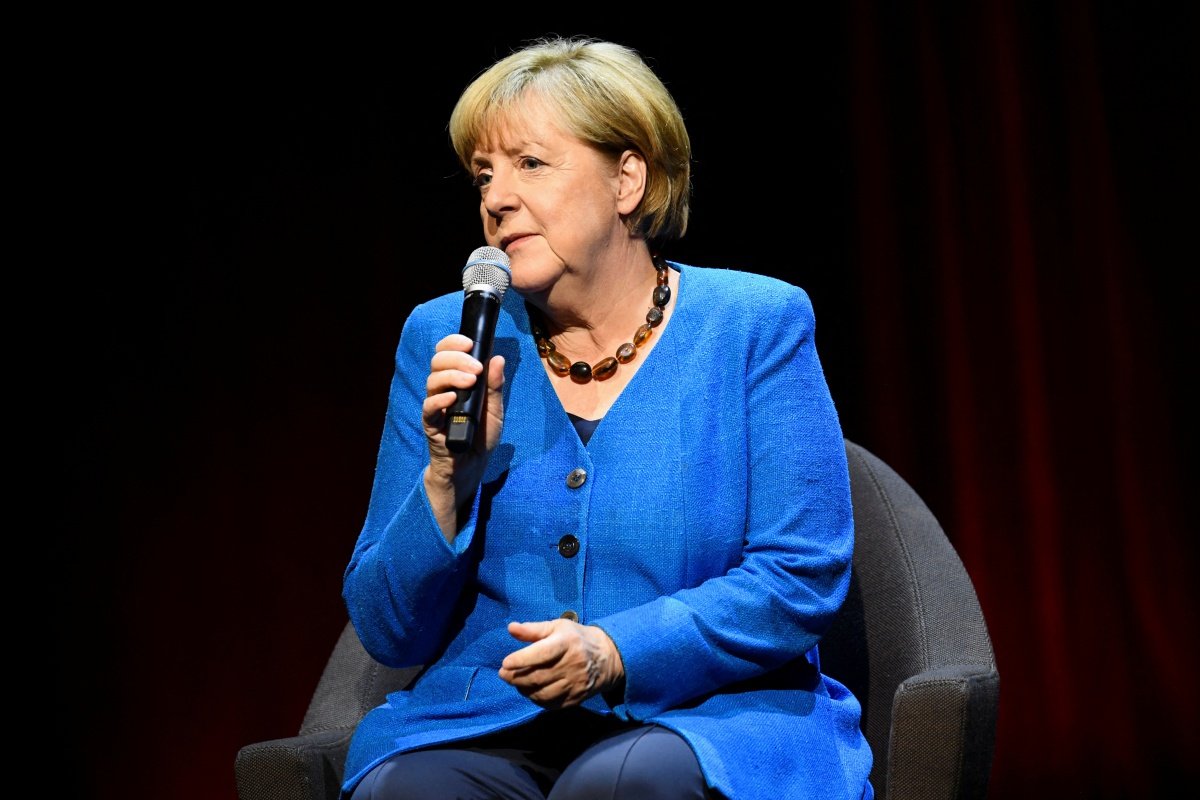
Source – reuters
4. Inca Hoots
Angela Merkel often draws unexpected parallels between the European Union and the ancient Inca civilization. She warns that, like the Inca, the European value system could vanish without a trace. This comparison, though shocking, underscores her concern for the strength of Western democracy, market economies, and legal systems in the face of authoritarian challenges. Having witnessed the collapse of a state, Merkel is determined to prevent a similar fate for the West, advocating for competitiveness and recovery in Europe.
5. Easy Cameron, Easy Go
David Cameron saw himself as an ally of Merkel, but the feeling was not entirely mutual. Merkel, having dealt with multiple British prime ministers, appreciated Cameron’s policies and debating skills but was wary of his stance on EU treaties. She prefers intergovernmental agreements over further integration, a stance evident during the euro crisis when Cameron refused to join the fiscal pact. Merkel’s indifference to Britain’s decision reflected her pragmatic approach to EU politics.
6. Euro Plan
Angela Merkel’s strategy for navigating the euro crisis is characterized by caution and incremental steps. She avoids grand speeches outlining visions, preferring to keep her plans discreet. Her approach involves closer oversight of key policies like budgets, spending, and social benefits within EU member states to maintain the currency’s stability. Contrary to expanding Brussels’ power, Merkel advocates for national governments to write and adhere to these rules. She might consider new coordination structures, but any major decisions are likely postponed until after critical elections.
The Anchor of Stability
What is the secret to Angela Merkel’s success? At first glance, it might not be obvious. Perhaps her most remarkable achievement is maintaining stability and continuity in Germany, ensuring steady governance and a resilient economy. When she took office, the world was grappling with terrorism, soon followed by the tumultuous economic crises of 2008 and the European currency crisis. Merkel’s first major accomplishment was preventing the disintegration of the euro. Her second was keeping the European Union intact. The Brexit saga underscores the EU’s enduring appeal, demonstrating its significant allure. Merkel may not be a grand performer or visionary, but she is a steadfast and reliable leader.

